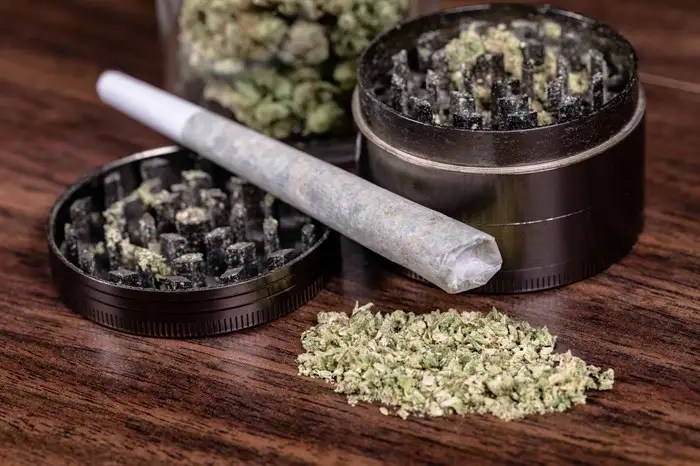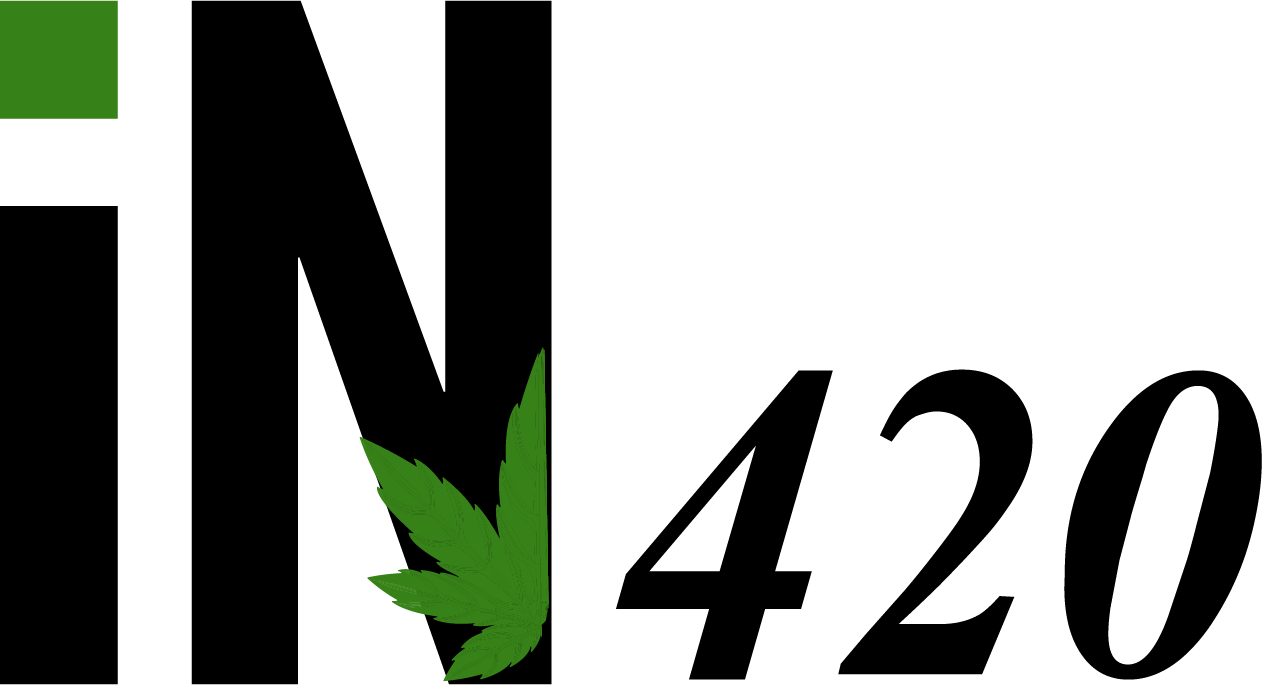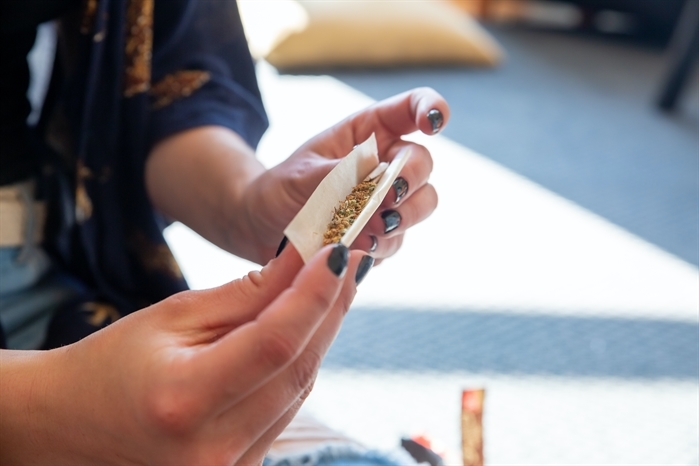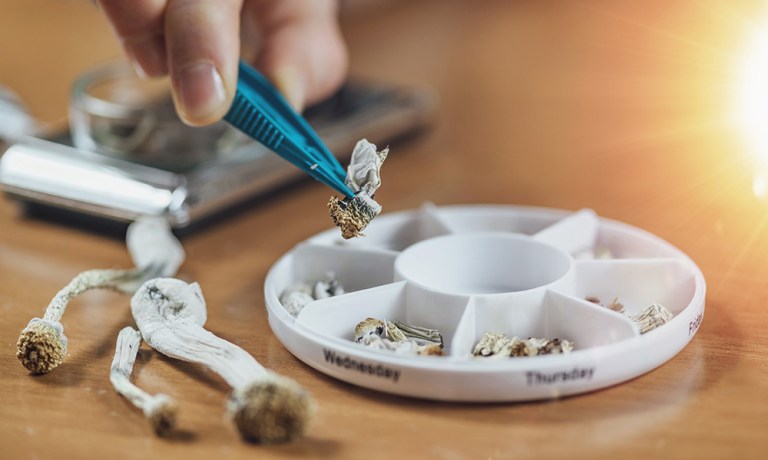

UBCO, TRU study finds cannabis use helps in recovery from hard drugs
A new study from UBC Okanagan and Thompson Rivers University has found that cannabis use can offer benefits to people undergoing treatment for substance use.
People living in a residential recovery facility were given supervised amounts of cannabis and found it helped cope with pain, anxiety, depression and sleeping, which are all issues that make getting off hard drugs difficult.
“Our findings suggest medical cannabis could play a meaningful role in reducing cravings and improving retention in recovery programs,” UBCO psychology professor and co-lead researcher Dr. Zach Walsh said in a media release. “Participants clearly indicated benefits in managing both physical and psychological challenges during recovery.”
The study found users had reduced cravings for opioids and other substances. Using cannabis improved pain management and helped with mental health and pain management.
While the study’s findings were encouraging, researchers also found there was a stigma around medical cannabis use.
Health-care staff were skeptical about using cannabis in substance use recovery.
“Staff skepticism often comes from misunderstanding about cannabis as a legitimate medical treatment, highlighting a clear opportunity for improvement in recovery support,” TRU nursing professor and co-lead researcher Dr. Florrian Fehr said in the release.
The nursing professor said that reducing the stigma is critical and that interviews with health-care staff showed there was a need for increased education.
The study took place at Maverick Supportive Recovery, a residential recovery centre in the BC Interior, and the findings were recently published in the Journal of Studies on Alcohol and Drugs.
Researchers said while the results are encouraging, there’s a strong need for larger-scale studies to fully understand the risks and benefits of using cannabis while in recovery from harder drugs.
Anyone interested in the study can take part in a Medical Cannabis and Recovery forum to be held at TRU Saturday, April 26.
News from © iNFOnews.ca, . All rights reserved.
This material may not be published, broadcast, rewritten or redistributed.

Join the Conversation!
Want to share your thoughts, add context, or connect with others in your community?
You must be logged in to post a comment.







